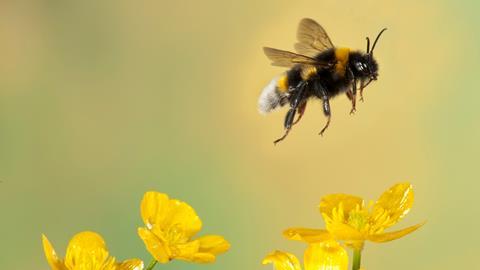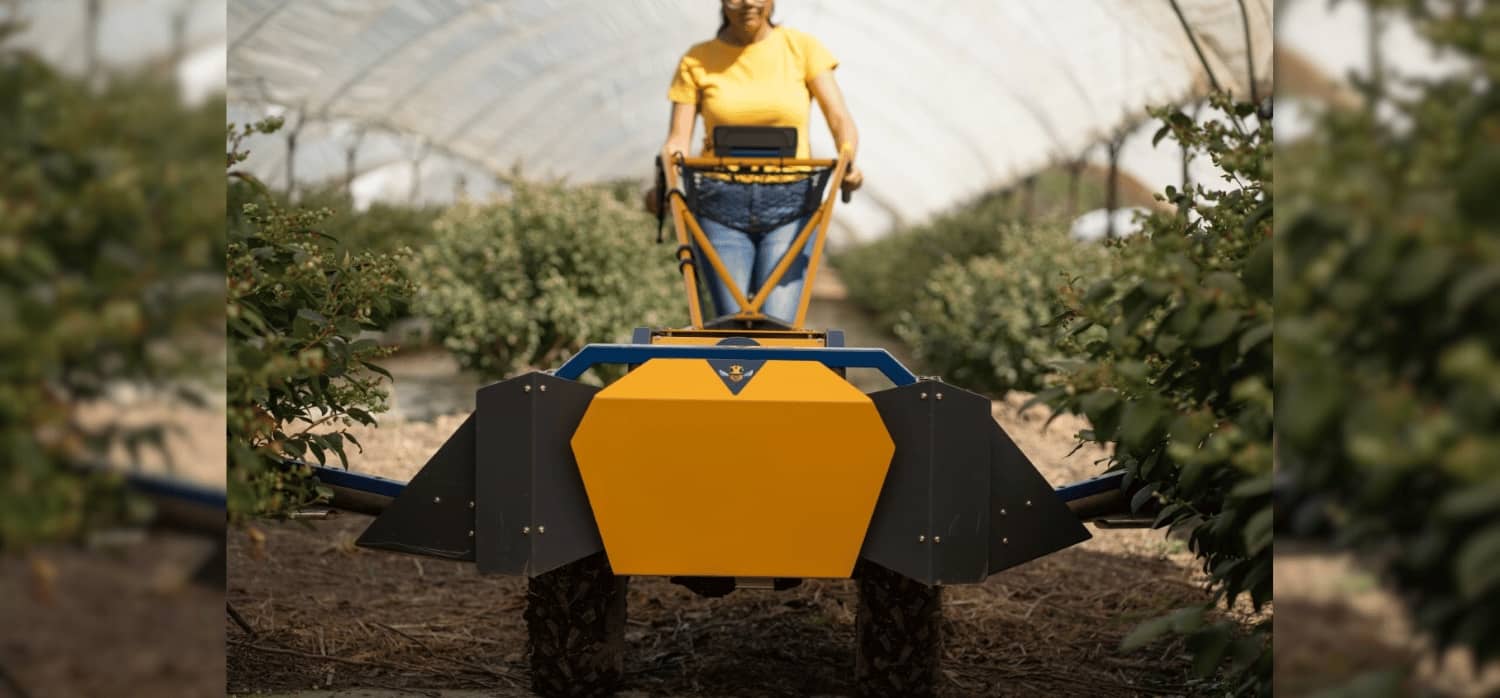In recent decades, the global bee population has experienced an alarming decline, with a frightening 25% reduction in species between 2006 and 2015 compared to pre-1990 data. This trend has raised global alarms, given the crucial role of bees in pollination and, consequently, in agricultural production. Now, a robotic pollinator developed by the Israeli startup BloomX could offer a technological answer to this growing problem (obviously the definitive answer is to support the repopulation of bees by creating the environmental conditions).
The Silent Bee Crisis
With their incessant buzzing and tireless pollination work, ours wonderful bees have always been the industrious protagonists of our agriculture. As mentioned (and also underlined by the research published in the journal One earth which I link to here) we are witnessing a worrying decline.
Many startups and research centers are focusing on bee health protection, others like BloomX have decided to take a different path to support their work.
BloomX: the robot pollinator at the service of nature
The one of BloomX it is a vision that sees technology not as a substitute, but as a complement to nature. Their pollination system uses small electric vehicles equipped with mechanical arms. These arms were designed to mimic the “hum” of bees, shaking plant stems to release pollen.
But be careful, it's not about replacing bees, but about supporting them. The robotic pollinator works where some bee species prefer certain crops, leaving others underpollinated.
A tireless pollinator
BloomX has integrated predictive algorithms that allow farmers to know the best time for pollination, thus optimizing crop yields. And to never lose sight of the work done, each vehicle is equipped with a GPS system that allows accurate monitoring of the pollinated plants.
The results? They speak for themselves. With the use of BloomX technology, farmers can expect 30% increased yields and larger fruit sizes.
The scope of the system it is not limited to a single country, which is why the potential and the numbers are impressive: beyond 50.000 avocado trees it's almost two million blueberries have already been pollinated thanks to the systems of this startup.

The originals don't fight
Bees are essential for maintaining the delicate balance of Earth's biodiversity. We have to search solutions to protect these precious pollinators, with all our might.
A pollinator like the one developed in Israel shows us that technology can be a precious ally when it is capable of coexisting with nature, but both things are needed to ensure this coexistence.
Protecting nature and developing technology respecting what nature does: this is the pollen that can make the future sweeter.


